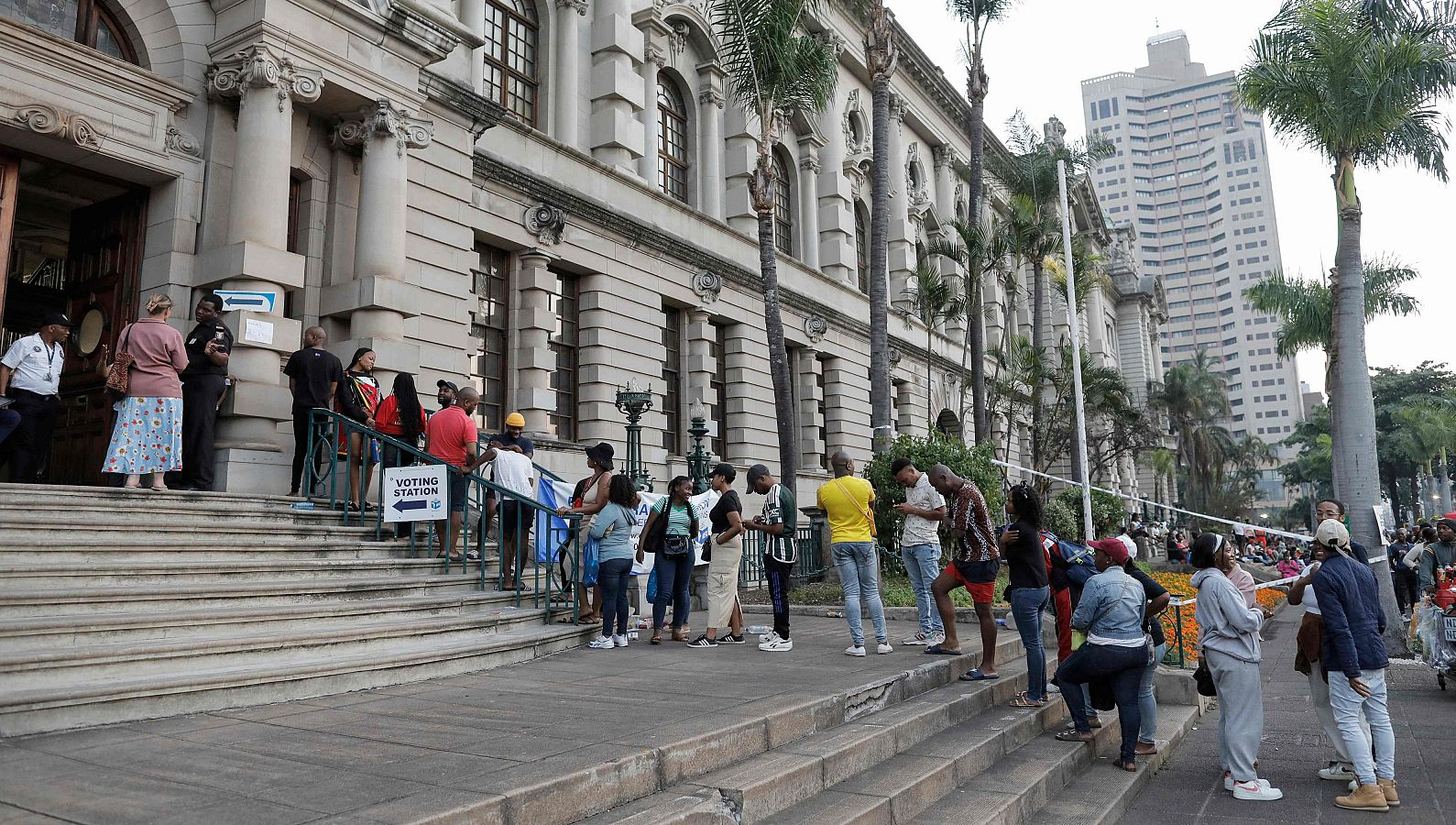
By Pedro M. Otero Cabañas
The results of last week's general elections in South Africa confirmed two relevant facts. The African National Congress (ANC) party, in power for 30 years, did not achieve the parliamentary majority to govern and, despite this, was the second party with the most votes.
Some 28 million people were called for this year's South African elections.
The ANC has alone led the leadership of South Africa since the defeat of apartheid in 1994. In that year it managed to prevail over the white minority government with just over 70 percent of the votes and form a government chaired by the anti-racist fighter Nelson Mandela.
Now, without the 50% majority, he will have to negotiate a coalition to remain in government.
In the general elections in South Africa, parties are voted on to decide how many seats each party gets in Parliament. This body must elect the president within a period of 14 days.
After knowing the result of the vote, President Cyril Ramaphosa asked the parties to overcome their differences and find “common ground” to form a coalition government.
According to media reports, one of the possible coalition partners, the new MK party of former president Jacob Zuma, said that one of his conditions for any agreement with the ANC is that the current president leaves office.
Sources recall that the ANC has obtained a majority in all national elections in the last 30 years, but that problems of political division, inequality and unemployment have taken their toll.
President Ramaphosa assures, in turn, that the ANC is in a process of renewal to return South Africa to the path of economic and social progress.
Experts point out that the balance of power has not occurred. Thousands continue to struggle to obtain jobs that pay fair wages.
For his part, ANC secretary-general Fikile Mbalula declared that the party was open to all negotiations, including with the main opposition, the Democratic Alliance (DA), which has led criticism of the ANC for years but which many analysts consider the most stable coalition option for South Africa.
This country has the most developed economy in Africa, with industries ranging from agriculture, financial services, trade, tourism and a robust informal sector, valued in millions of dollars. It is the 42nd economy in the ranking of the 196 countries in the world.

